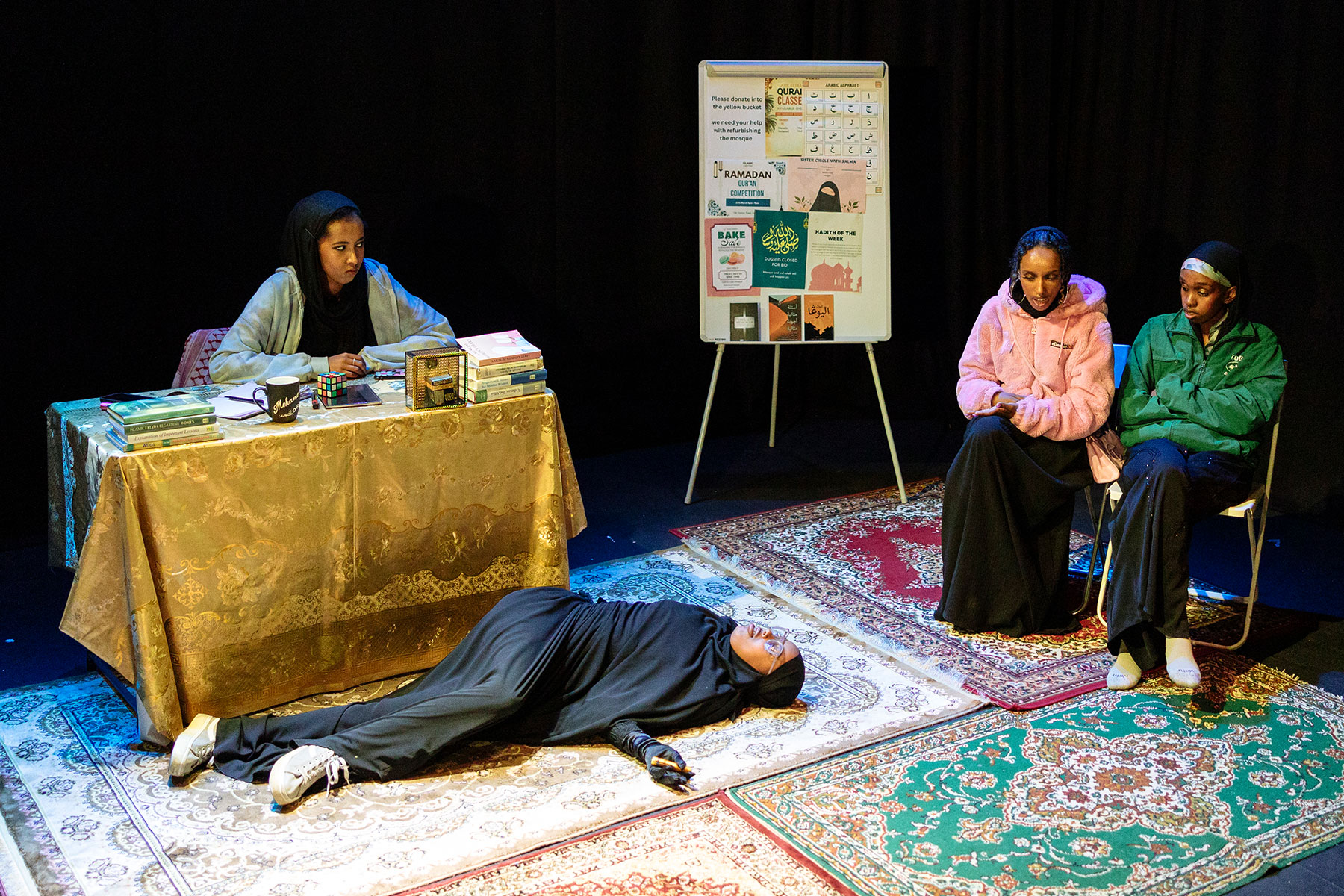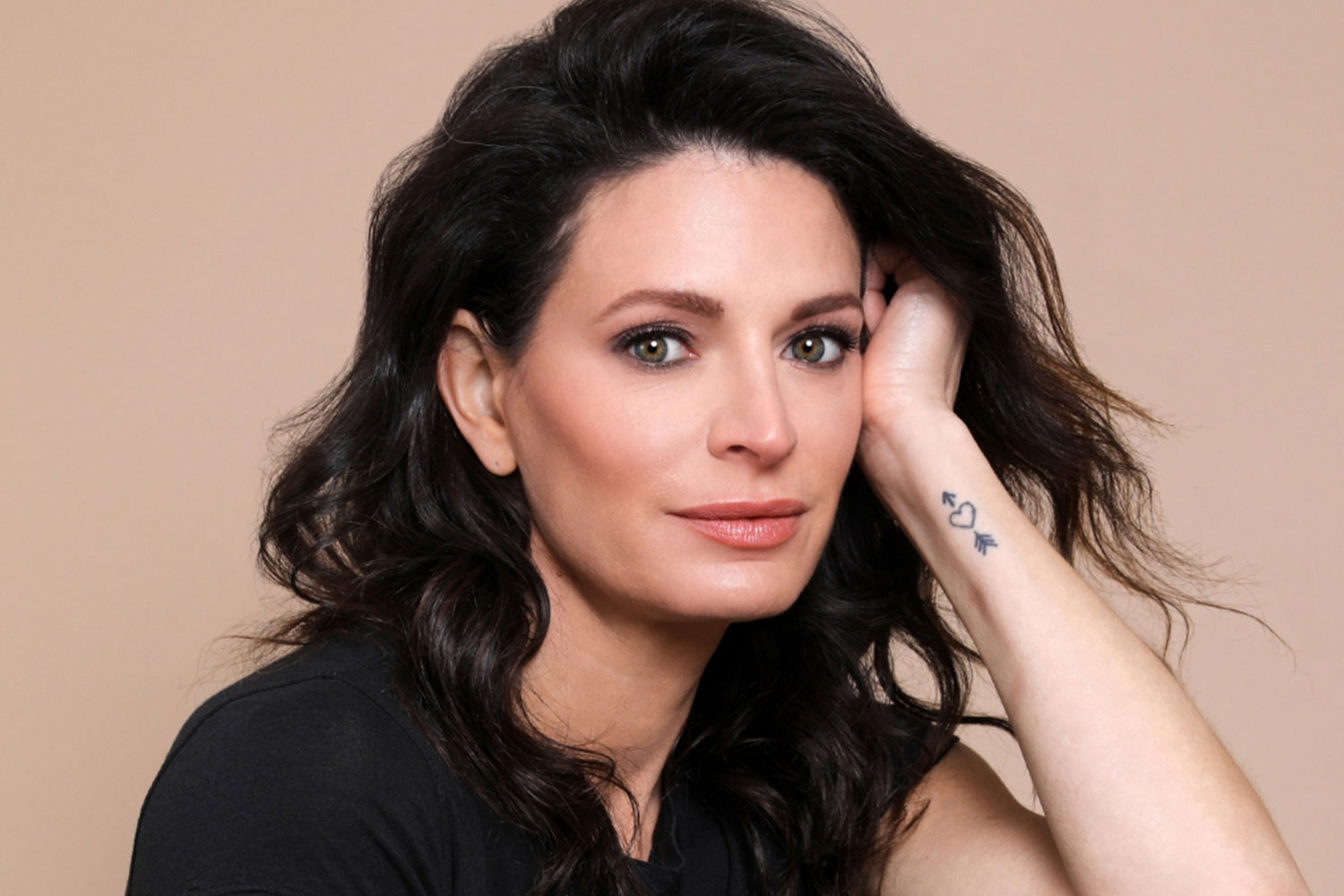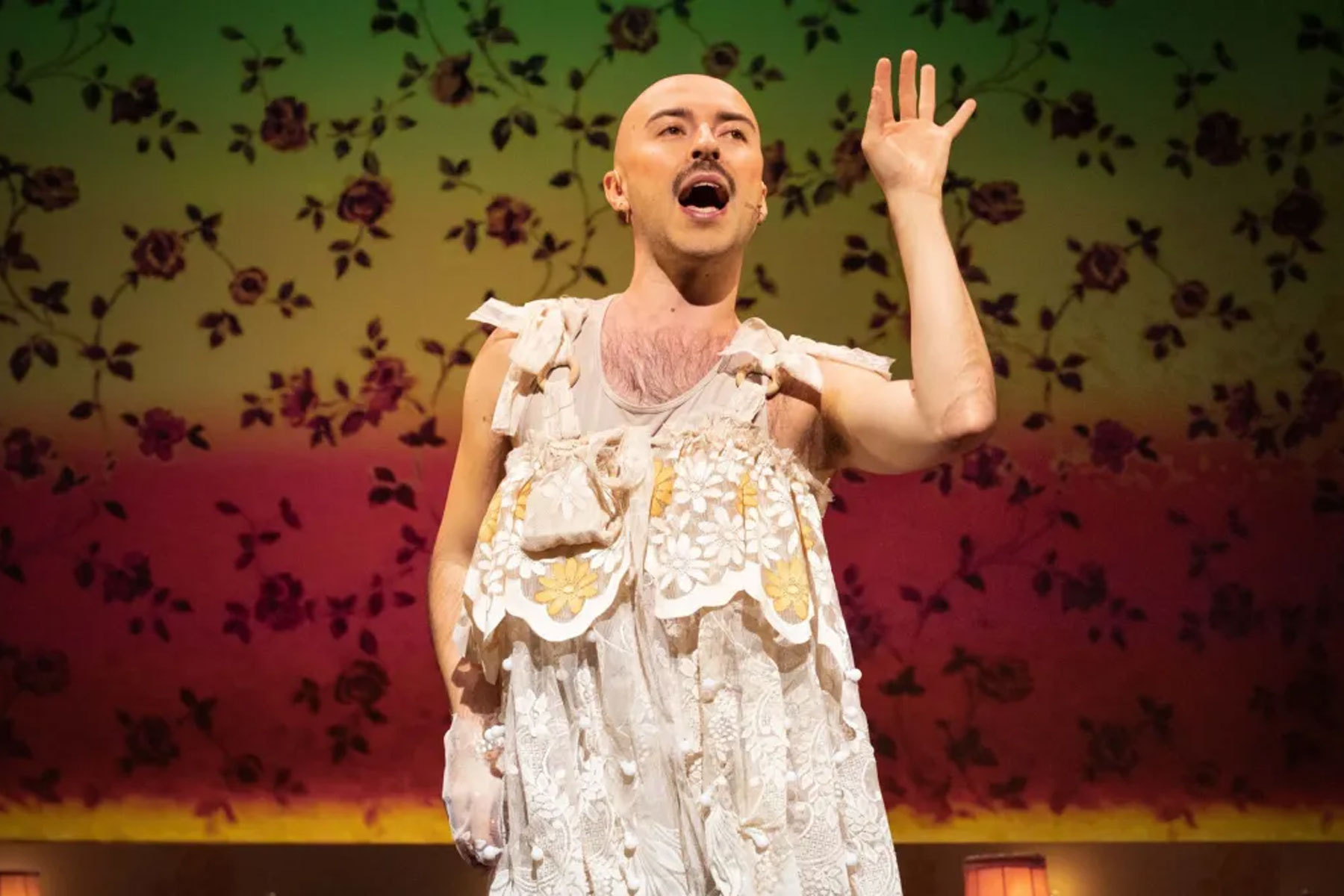Alice Haig On… A Life Of Bliss
On June 11th Ian Brown’s production of Noel Coward’s classic farce-cum-comedy of (bad) manners Hay Fever opens at West Yorkshire Playhouse. Checking one or two facts before interviewing Alice Haig who plays Sorel, daughter of the ego-driven actress Judith Bliss (Maggie Steed), I was astonished to find the play is not far off 90 years old. Of course it belongs in the 1920s, but it remains a remarkably frisky geriatric, more so than some later Coward plays. Alice agrees:
“It holds up unbelievably well. The jokes and the structure and the characters, albeit exaggerated, are still current today. The comedy is of its time, but not old-fashioned. It has a marvellous energy from the family being at the centre of everything. They are eccentric bohemians and Sorel is having a crisis of confidence in how she lives her life. She comes to the beginning of the play saying, ‘We have no manners’, and then you have all these guests coming in and they do have good old-fashioned manners, but because they’re thrown into the whirlwind of the Blisses it becomes mayhem.”
The play has a pleasing symmetry. Judith Bliss, apparently modelled on Coward’s friend and grande dame of the theatre Laurette Taylor, has taken to acting off stage rather than on, and her supporting cast consists of a husband, a son and a daughter. Without telling the others each of the four has invited a guest to the house for the weekend, but, as the play progresses, it becomes increasingly obvious that the Blisses are far too involved in their own games, tantrums and conversational competitions ever to notice anyone else – and the best the visitors can hope for is a burst of Get the Guests, four decades before Who’s Afraid of Virginia Woolf?. Alice tells me about Sorel’s rather unlikely guest:
“She’s met this very – she thinks – glamorous diplomat who is really completely boring. If you’ve grown up with an actress as a mother and a writer as a father, someone like a businessman or a diplomatist can seem terribly glamorous, so she brings this man, but things don’t go to plan! Sorel is the most aware of the Blisses, not the sanest because she can’t do it any more about it than the rest can, but at 19 she’s just started going out into society and people’s responses to her have been odd. She’s realising very slowly that the way her parents do things is not the same as other people’s. Her relationship with her brother Simon is incredibly close and very explosive. They find each other infuriating, but can’t be without each other, in the way that very passionate families often are. They’ve got that slightly exclusive thing where, if somebody comes in, they close up in what’s almost a flirtatious way, they enjoy each other’s company and riffing off each other, that witty repartee they’ve got down. It’s very much a play about people being in or being out and the different distinctions are what we’re finding at the moment – the way you sit on a sofa if it’s your own sofa is very different from if it’s not your own.”
Alice’s only previous experience of acting in Coward was at drama school where she appeared in the comparatively little-known Semi-Monde, set in the Ritz in Paris and what she describes as “traditional Coward” in tone. Clearly she is happier with the free-wheeling anarchy of Hay Fever and agrees with me about its manic energy, pointing to the title as conveying “a heady spring madness”. Interestingly her professional career has taken in such hard-hitting American greats as Lillian Hellman and Sam Shepard rather than drawing-room comedy, but she finds common ground between Hay Fever and Sam Shepard: “my character’s background was completely different, American, living in a trailer park, but she was like a dark violent version of Sorel”. By now I think we’ve dispensed with the idea of Hay Fever as a conventional comedy for matinee audiences. After all it’s the work of a very young man, 23 or 24 when he wrote it, and is almost contemporary with The Vortex, Mr. Coward’s dreadful shocker in which Bright Young Things did unspeakable things with cocaine. In other words, it has not a whiff of the establishment about it. How does Alice think Coward views the bohemian life-style?
“I think Coward shows the Blisses in a good light, albeit a very bright light that reveals them for what they are. He makes them the sort of people I’d want to know – but not stay with! The quarrelling goes on when the guests are there and when the guests aren’t there, but it serves as unification. They know when they are playing and when they are not and they have a form of communication with each other. At the moment at rehearsal we’re trying to find the balance between when they’re playing and when they’re genuine. They’re terribly dramatic – everything’s life and death, the stakes are high – and you have to find the reality even in that.”
Hay Fever is in no way a mannered play and it’s good to hear that Ian Brown has no intention of producing a cast of characters delivering aphorisms in clipped tones. Rather, the play has a freshness that derives in part from the fact that it seems to have been written in a burst of inspiration after a weekend with Laurette Taylor’s family. Alice points out that Coward admitted that he felt lucky that no one had done it before, and tells me that he wrote the play in a weekend – not the weekend with the Taylors, naturally!
Finally, I venture the thought that Hay Fever is a superb ensemble play, despite the tradition of star casting for Judith from Marie Tempest to Judi Dench, most famously Dame Edith Evans at the Old Vic in the 1960s (reputedly with a surer grip on the character than the lines):
“The part of Judith does drive the play and Maggie’s absolutely brilliant at holding it all together – it’s a huge part – but the other parts are so complete in their characterisation. They’re all part of the Blisses’ world as opposed to a set of routine characters and one great leading figure. It’s one of those plays which it’s very difficult not to enjoy in rehearsals because it’s just so funny. It’s a joyful piece.”
– Ron Simpson










